"I wish I could go back."
When it's not safe to go home
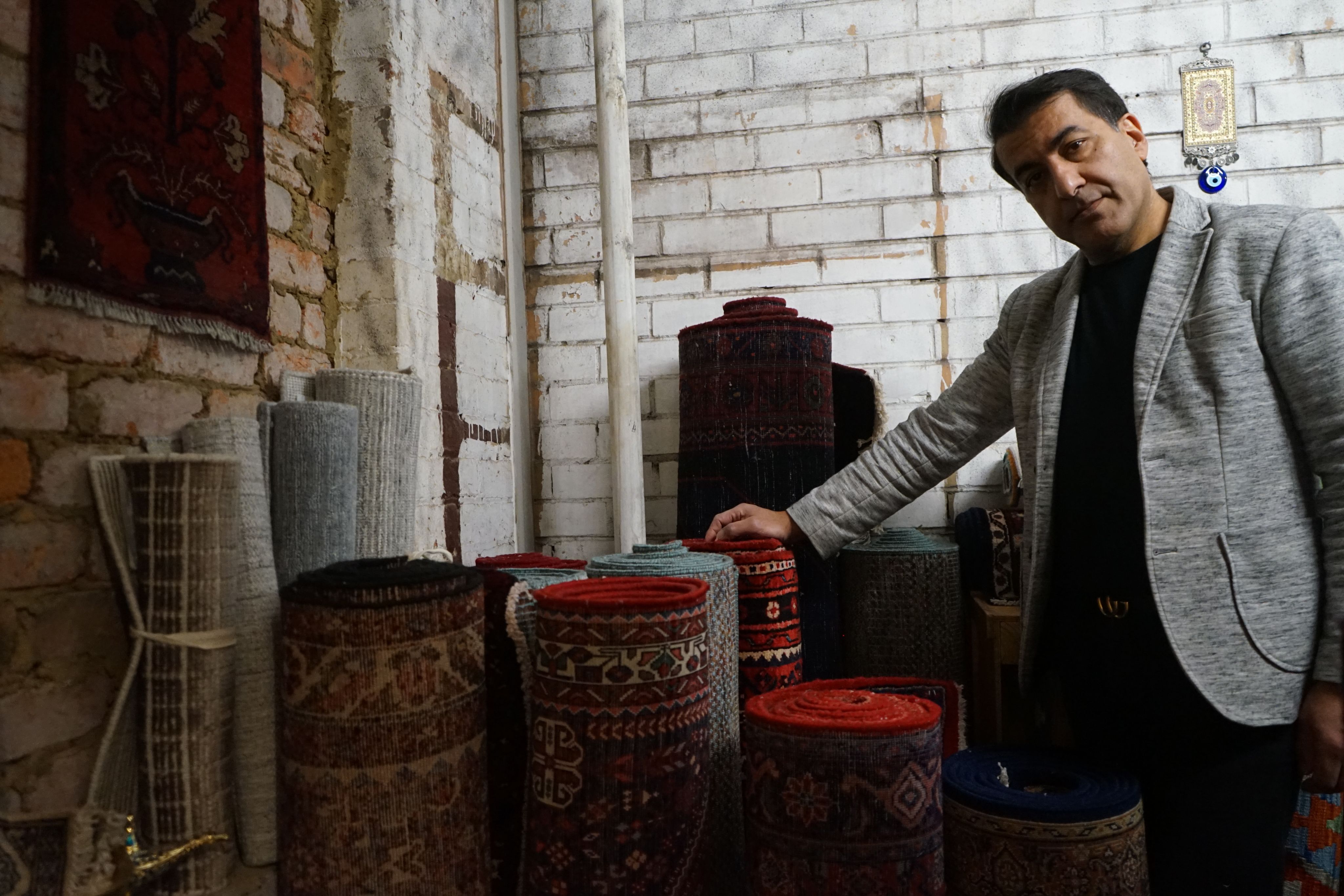
Omid Master worked in his father’s Persian carpet store on weekends when he was at school.
He remembers the thrill of people piling into the store during sale time.
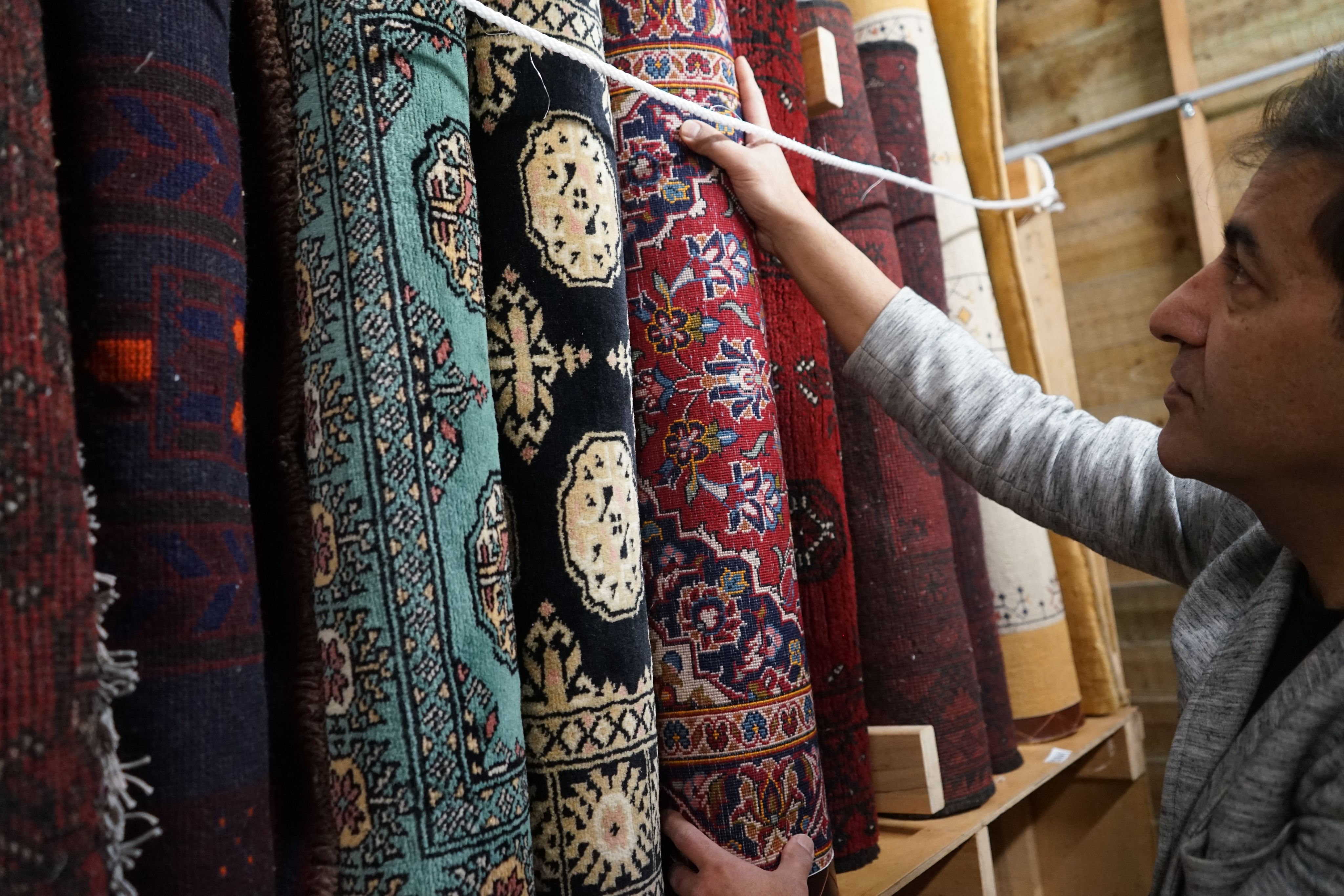
Omid now has a shop of his own – Master’s Persian Carpets.
"I thought I'd always end up doing this."
A traditional Persian samovar used to boil water for tea has pride of place at the rear of Omid's shop.
The tea is a deep reddish-brown colour, flavoured with cardamom, rose petals and crystallised saffron sugar.
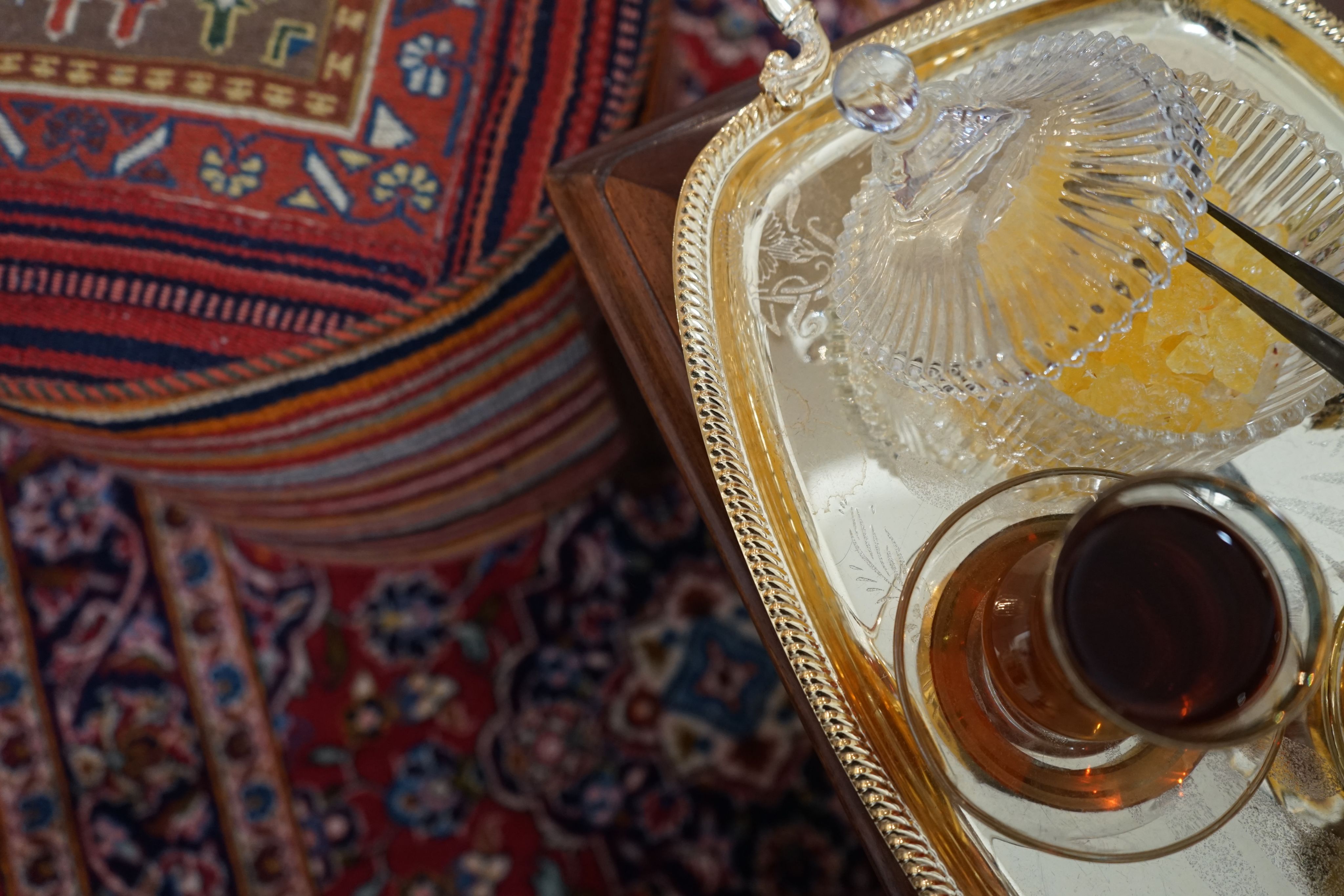
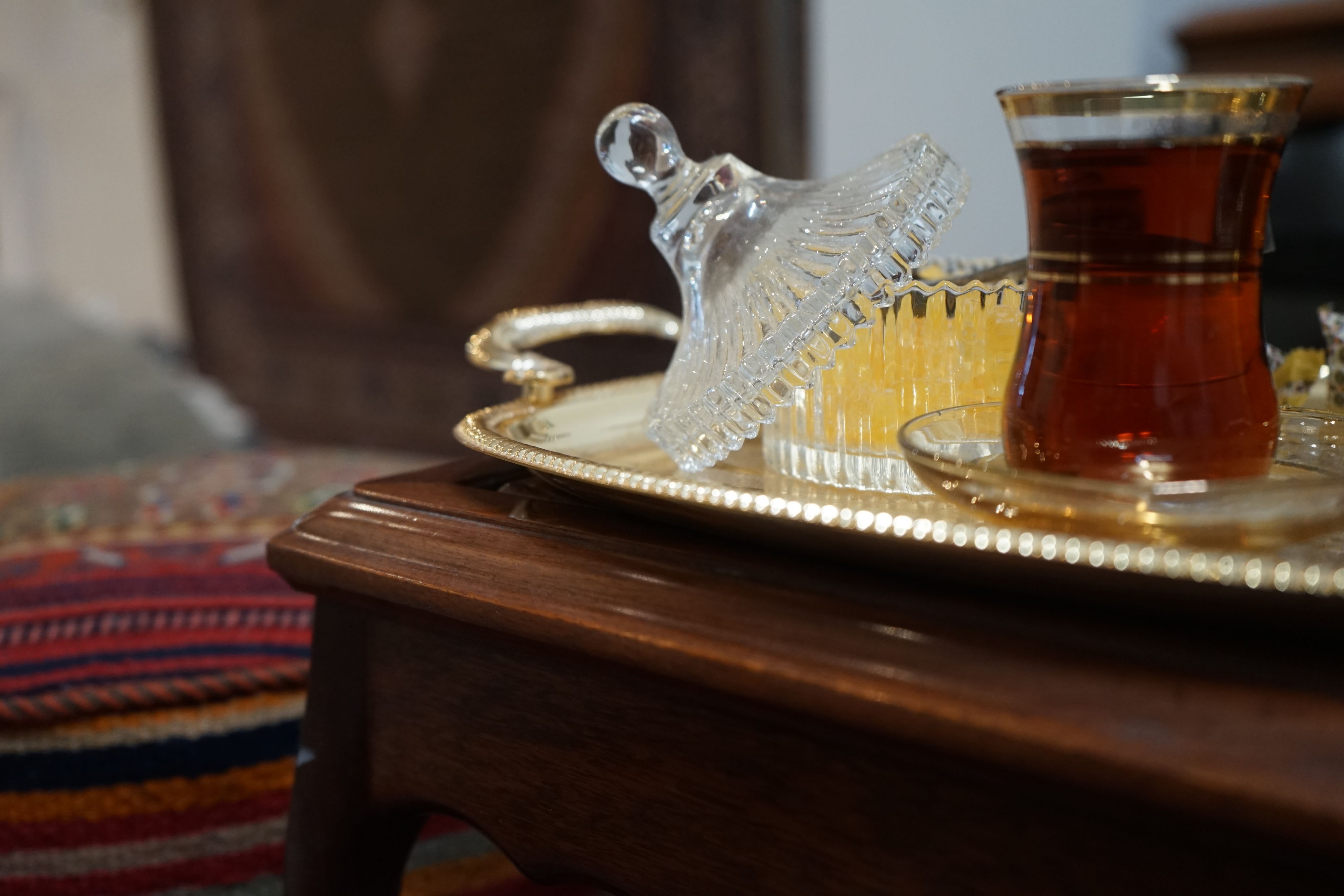
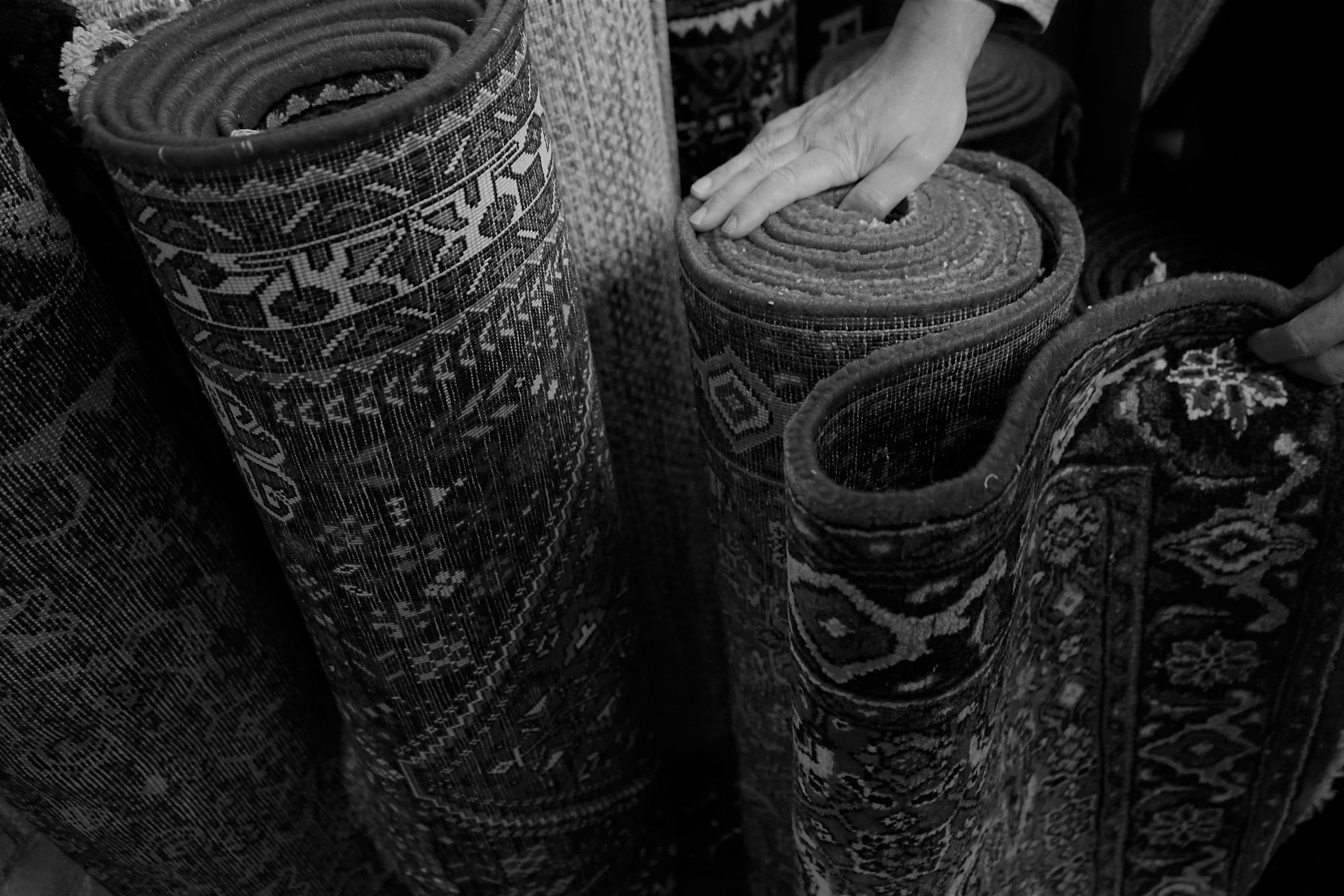
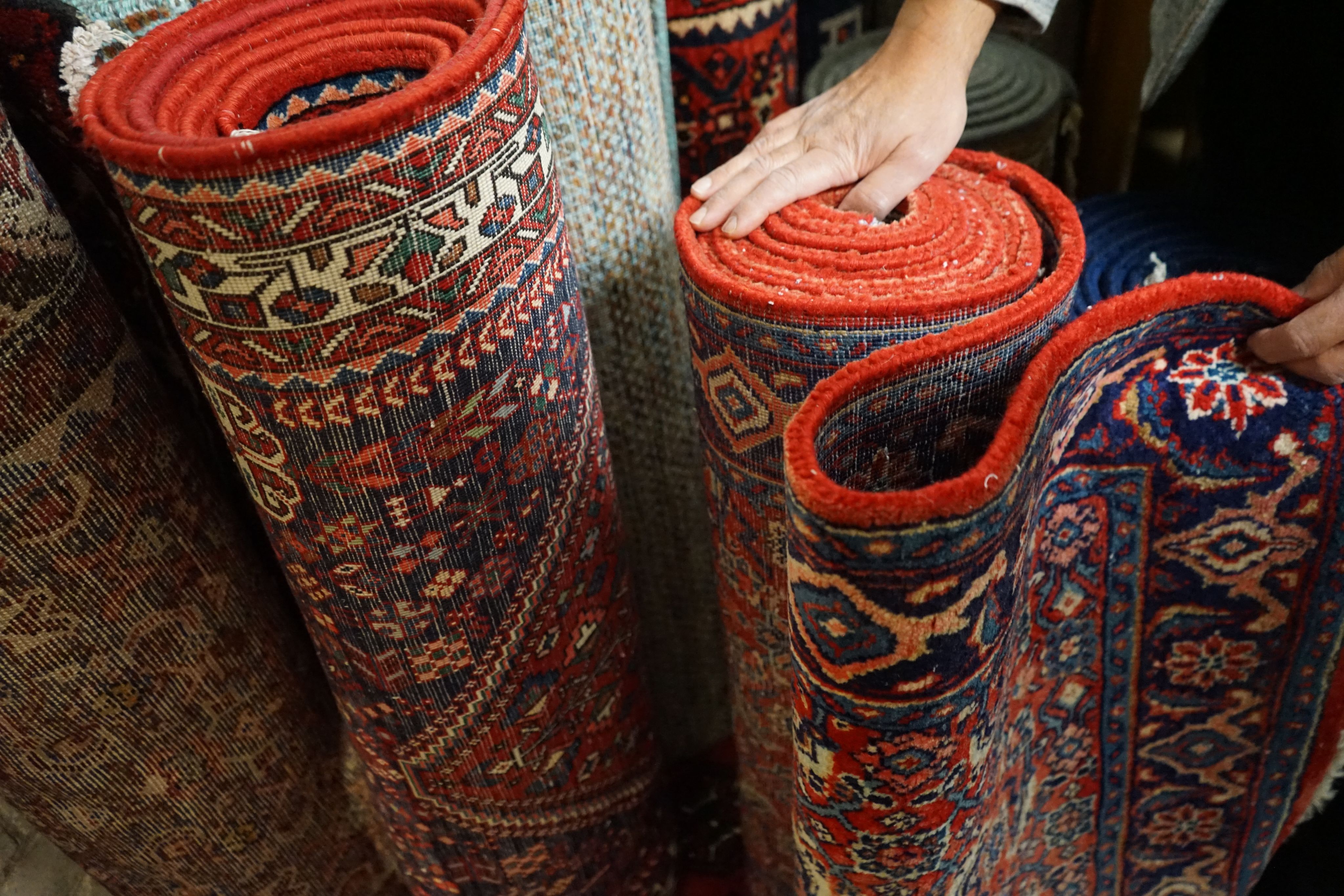
There are three elements of a Persian carpet.
One, the carpet must be hand woven.
Two, the weaver must use a Persian knot (an asymmetrical knot that lends itself well to patterns with intricate detail).
And three, it must be made in Iran.
But, Omid has run his Melbourne-based carpet business for over 20 years without ever setting foot into Iran.
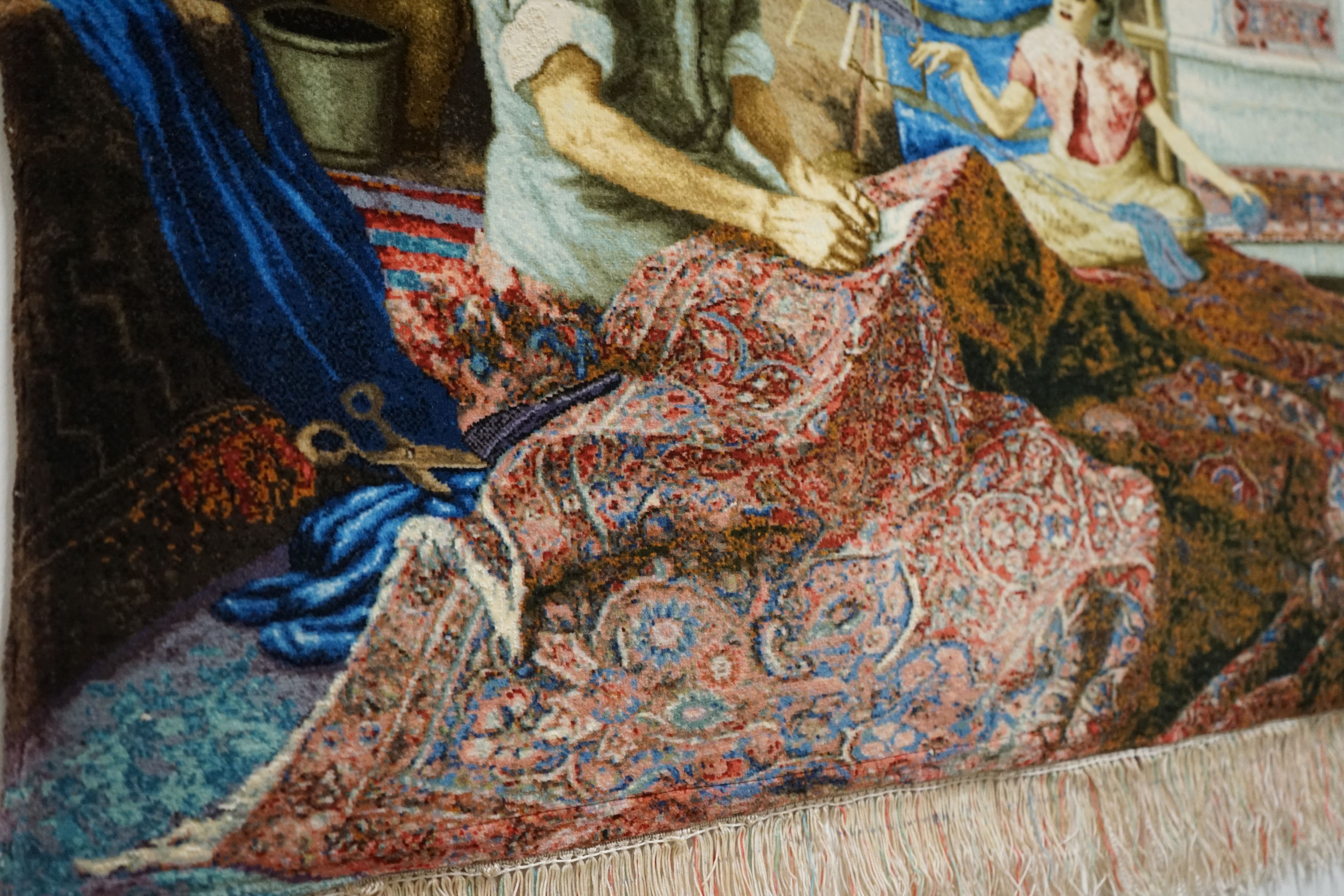
Omid was born in Shiraz, located in south-central Iran.
Shiraz is known as the city of poets, literature, flowers and gardens.
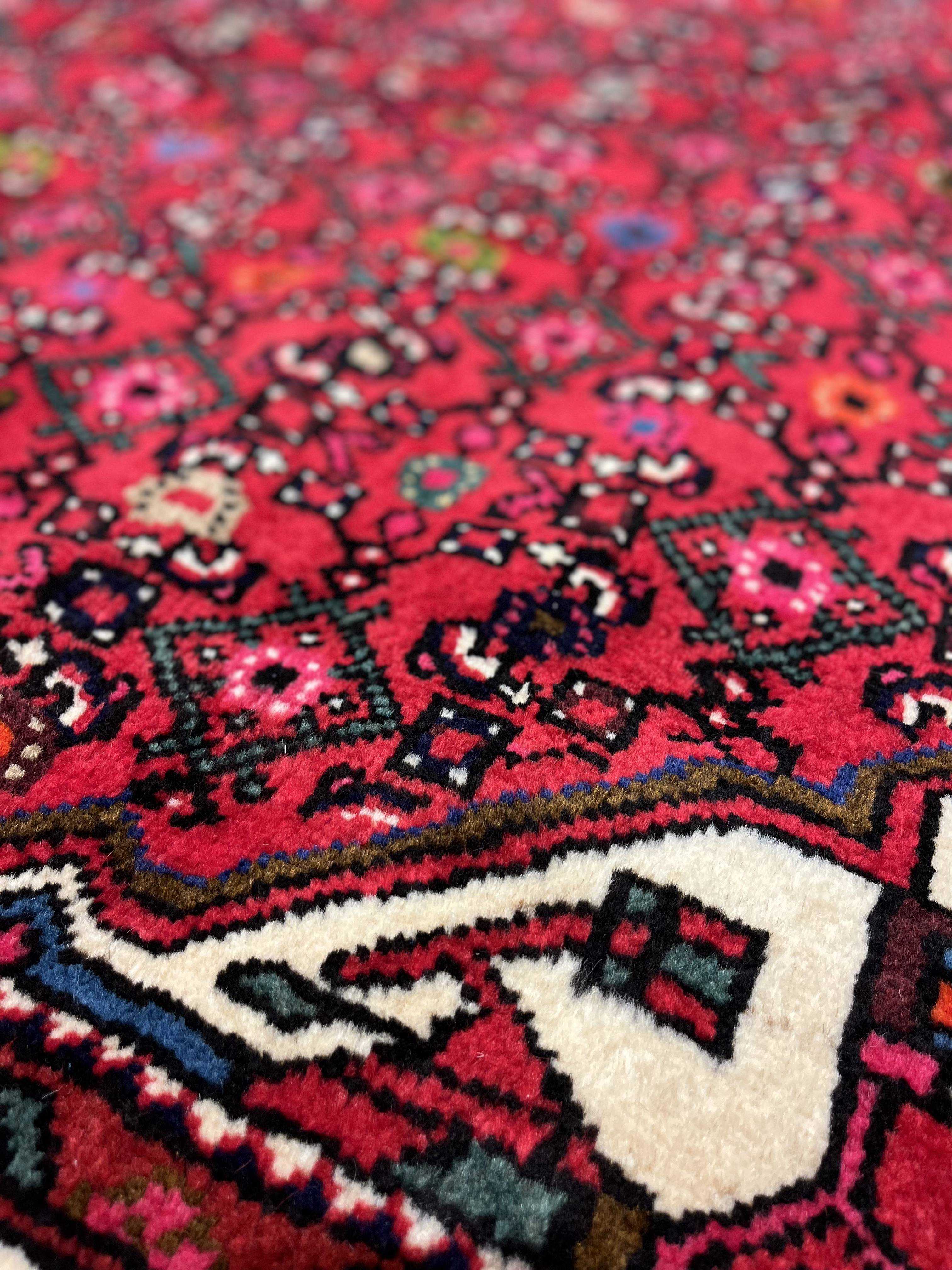
Omid was last in Iran when he was 10 years old. He has fond memories of his grandfather’s farm. He remembers the unique fragrance of rice soaked in yoghurt overnight. And of onions, walnuts and pomegranate syrup. He remembers the smell of kerosene lamps. And, of buying Persian turquoise jewellery at the markets.
But, Omid is fearful of returning.
“If I go to Iran, I’d probably get locked up if I said the wrong thing.”
Omid relies on wholesalers selling Persian carpets around the Iranian borders to sustain his business.
Why doesn't Omid feel safe to return home?
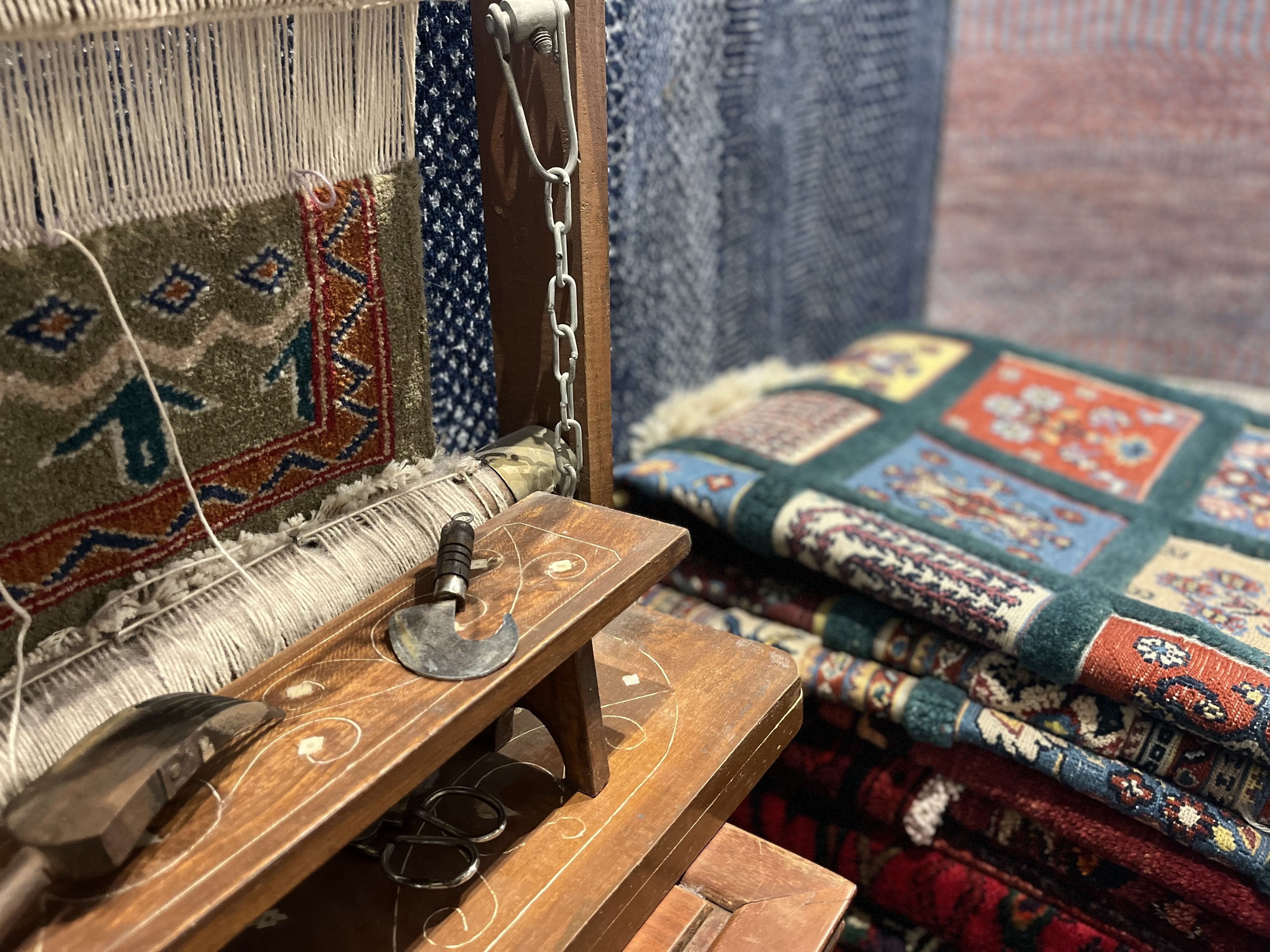
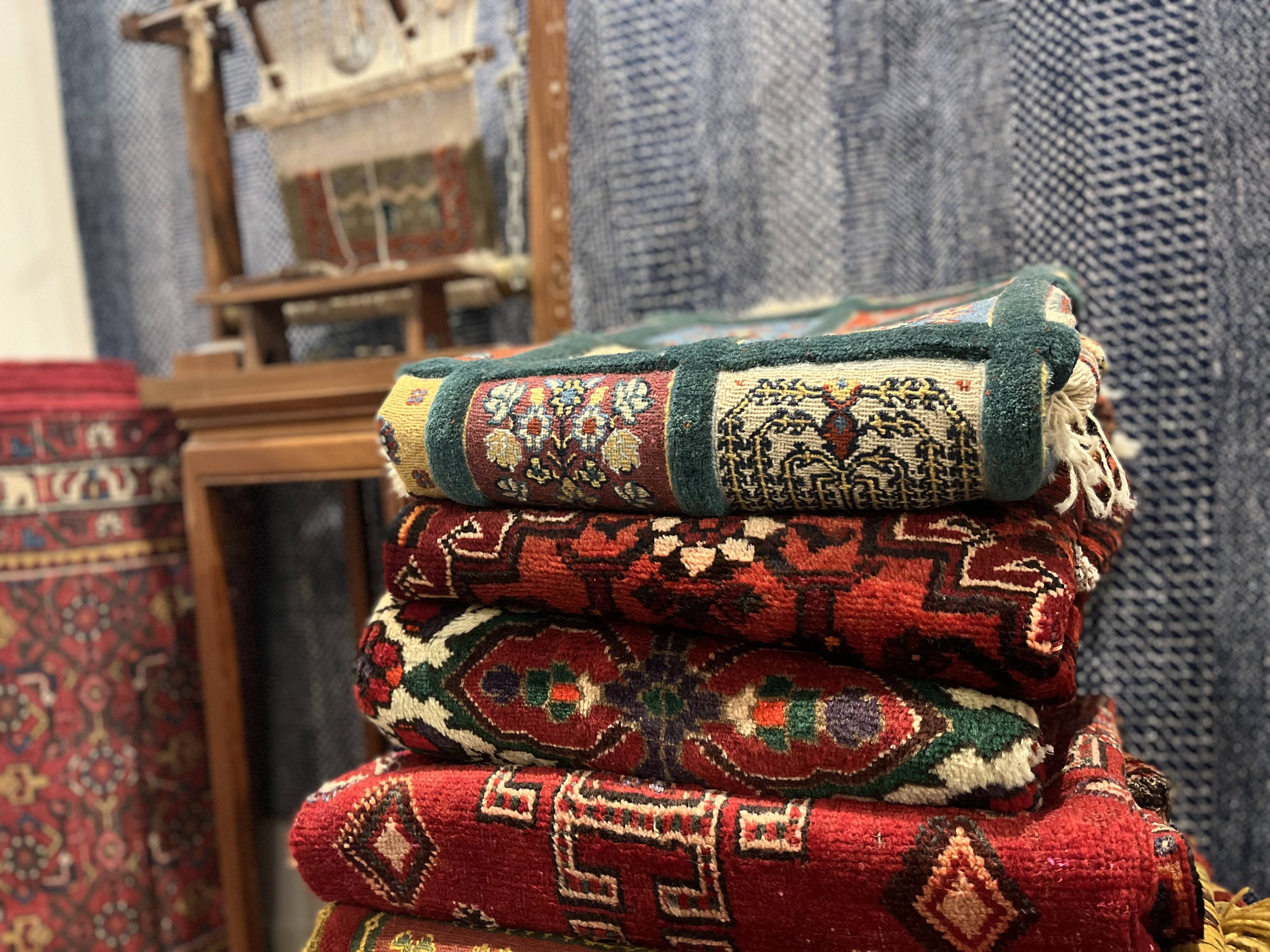
“I don’t fly to Iran because I’m a Baháʼí.”
Stories are often woven into Persian carpet design. But, the systematic and ongoing persecution of the Baháʼí people in Iran is a story that is not often told.
There are around 350,000 Baháʼís who live in Iran. They are the largest religon in Iran after Islam, but sadly, they have no citizenship rights.
Baháʼís are deprived of basic human rights. Things like, access to university, employment, property ownership, even access to an identification card. Their shops and businesses are routinely closed down.
“They don’t accept us."
The Baháʼí faith is based on teachings like truthfulness and equality.
It is a relatively new and progressive religion, established by Baháʼu'lláh in the 19th century.
Baháʼís encompass spiritual principles such as kindness, generosity, integrity, humility, and selfless service to others.
"Our objective is peace and unity."
Why then, are Baháʼís persecuted in Iran?
"They think we are going to take away the power of Islam."
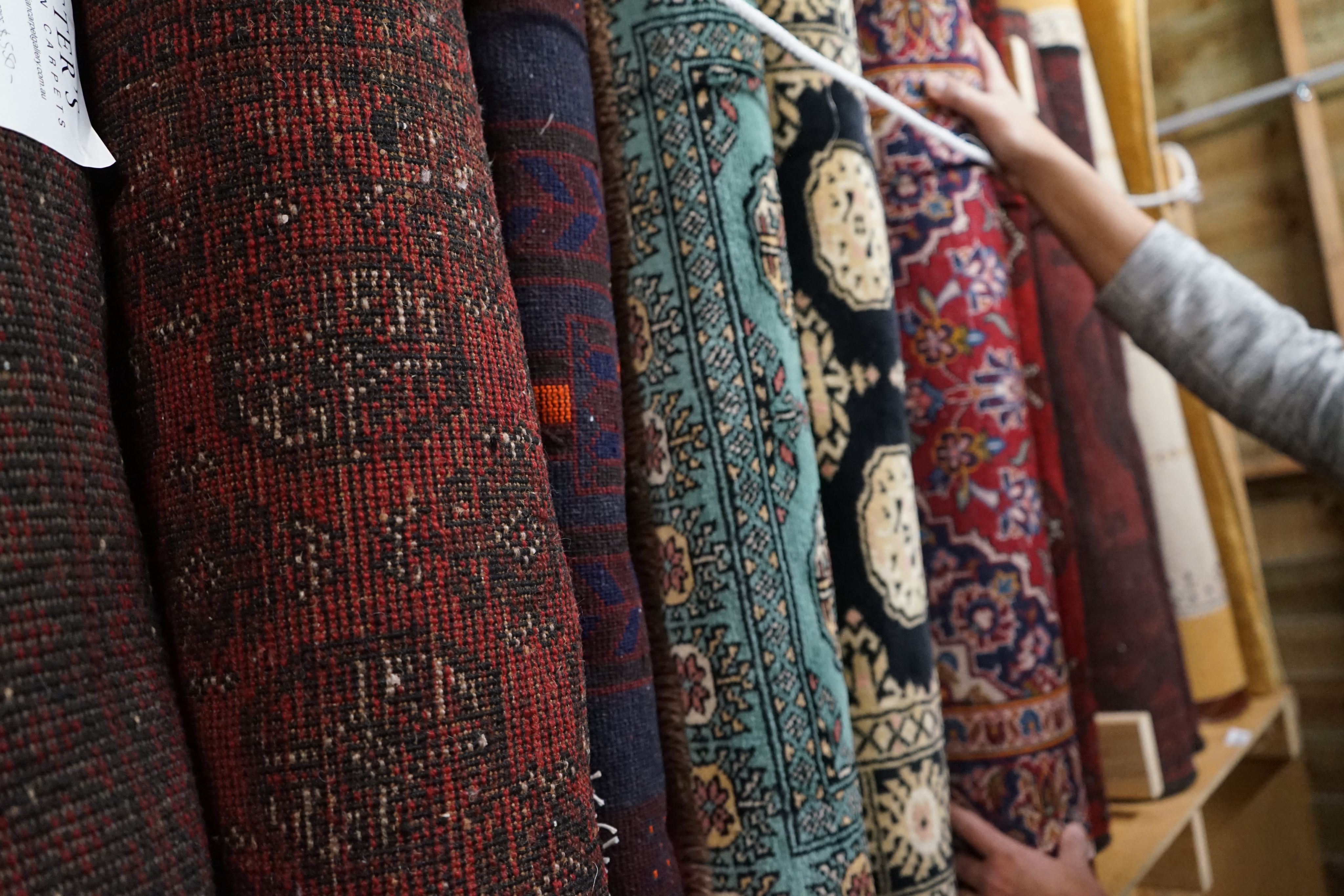
“To tell you the truth, it’s probably one reason why I’m in the rug business, because I feel that disconnect.”
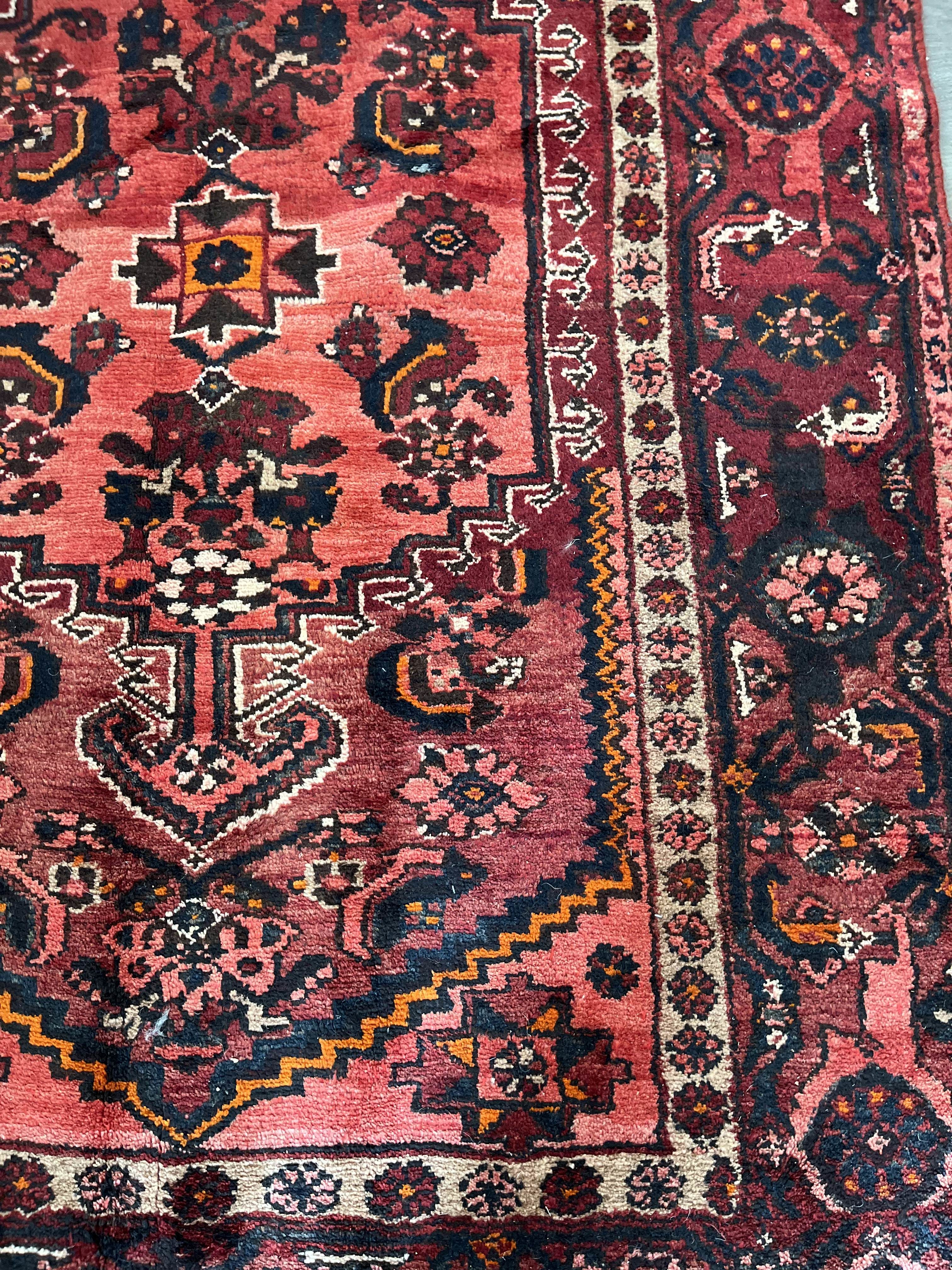
Baháʼí people are arrested and imprisoned without charge in Iran. Their assets are confiscated by the government.
Their homes and businesses have been burned.
Baháʼí cemeteries have been destroyed.
But, Omid is still able to reflect on the rich and glorious history of his country of origin.
“Persia was an amazing empire, with lots of wealth and happiness”.
It’s on his “bucket list” to return one day.
“I’m probably going to take the risk at some stage”.
But until then, Omid continues to feel a profound sense of connection to his heritage through the symmetry, the mystique and the stories of Persian carpets.
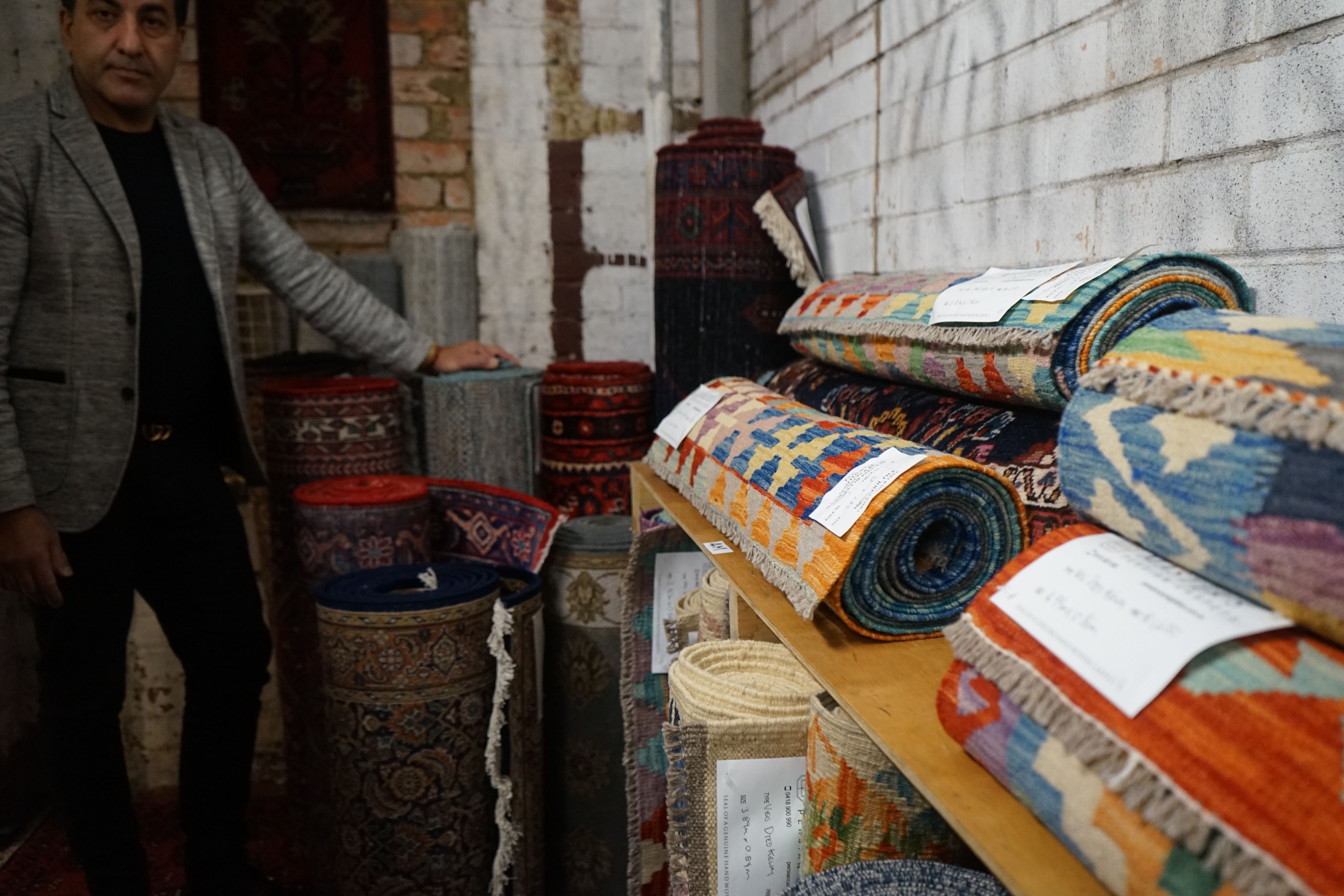
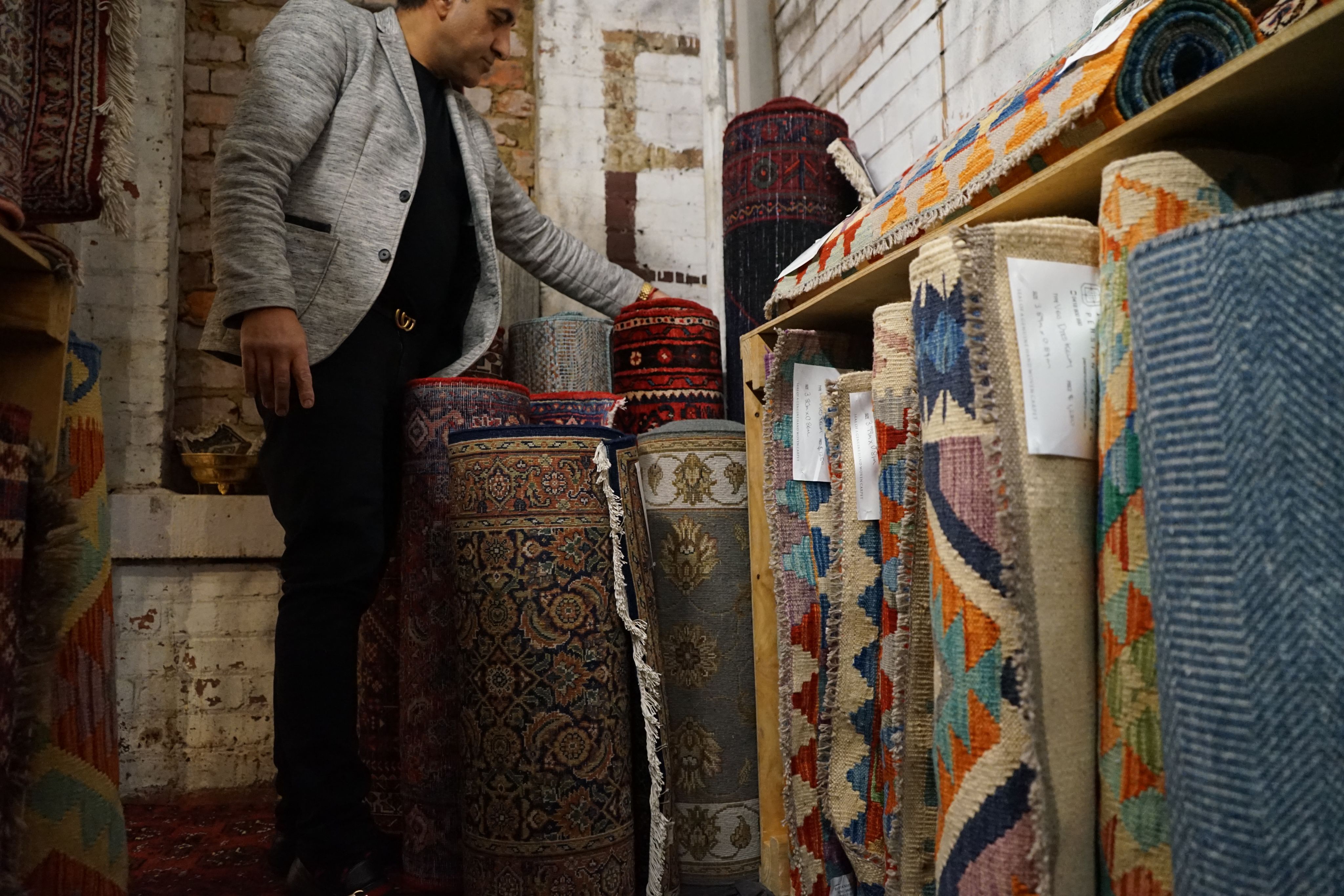
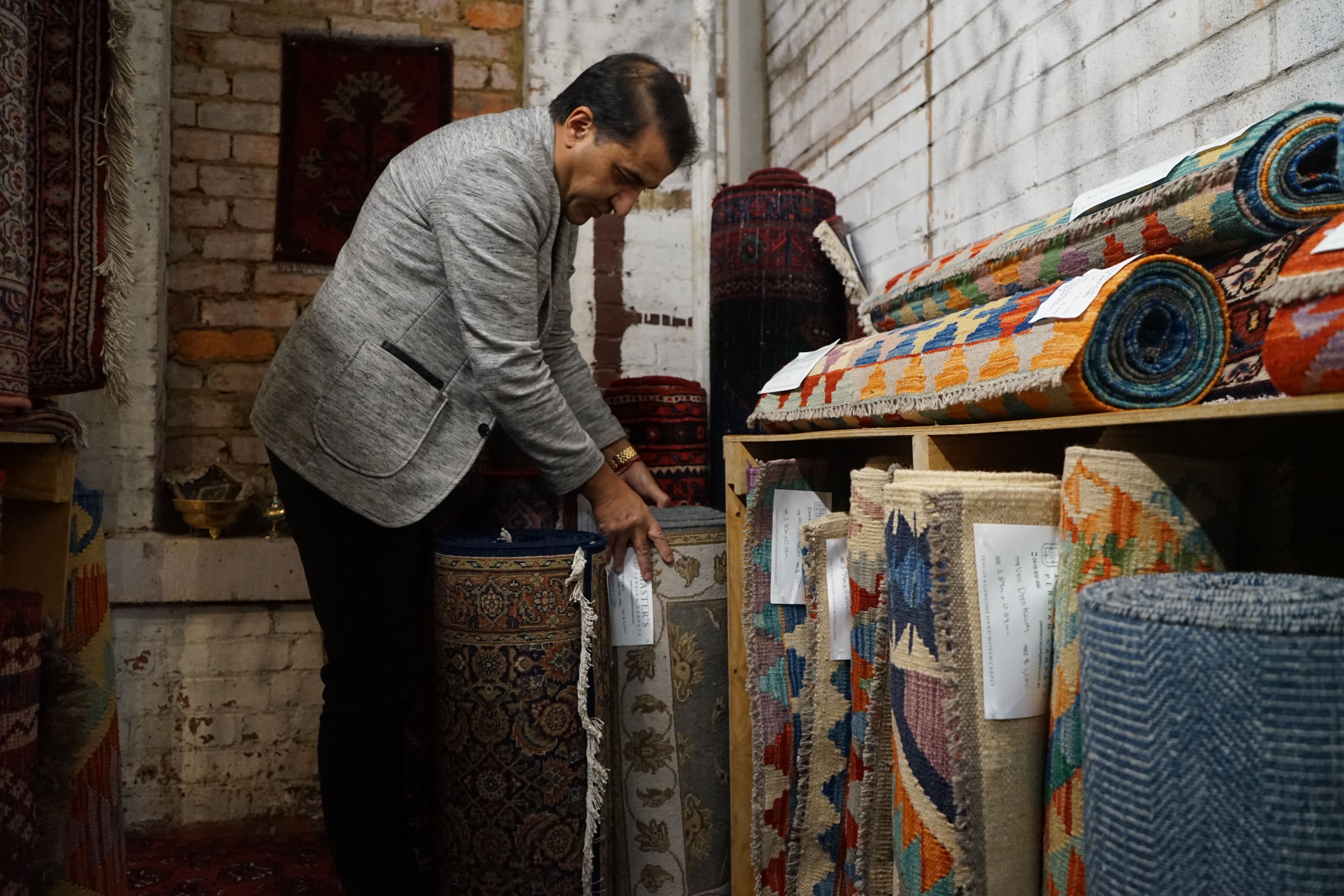
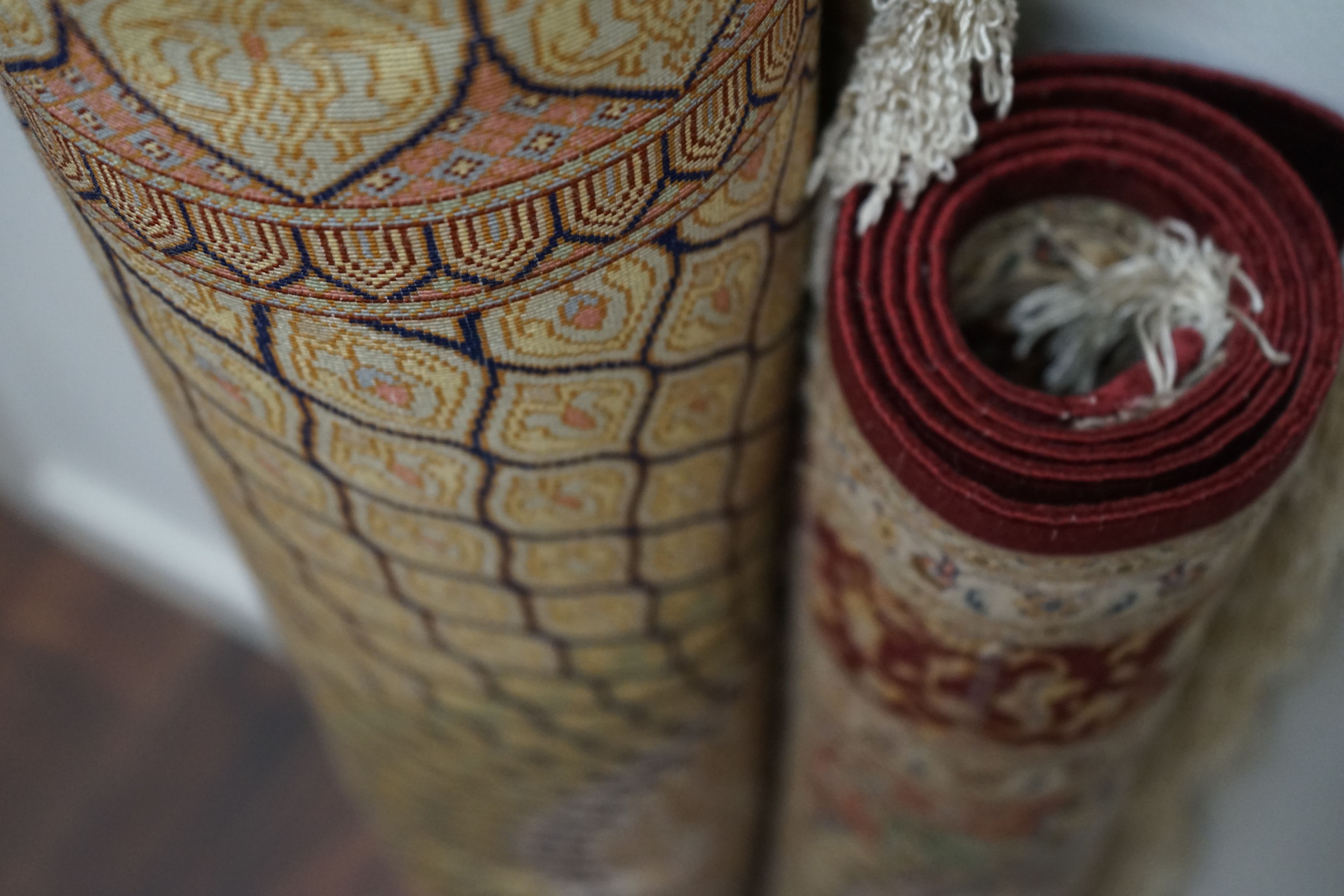
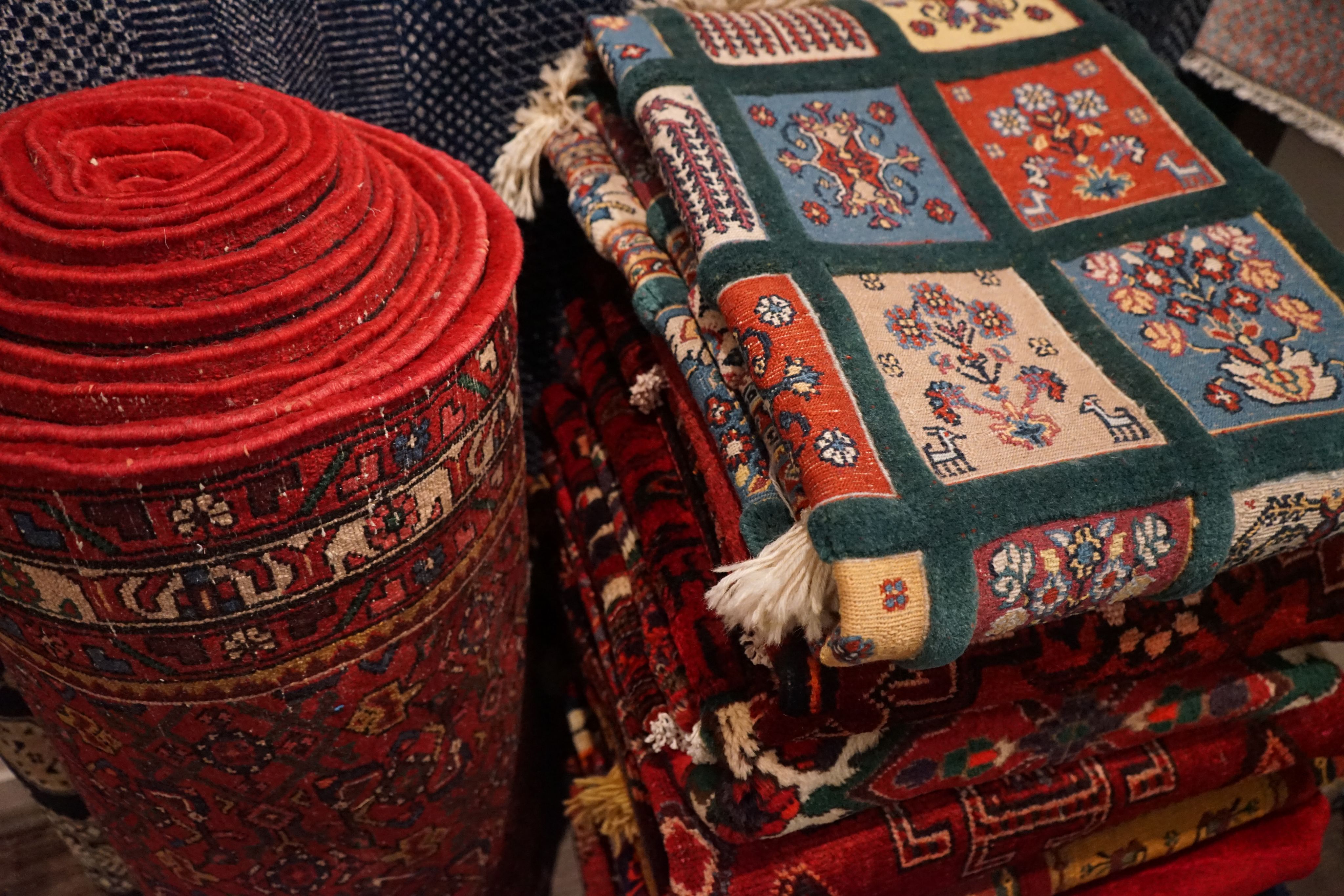
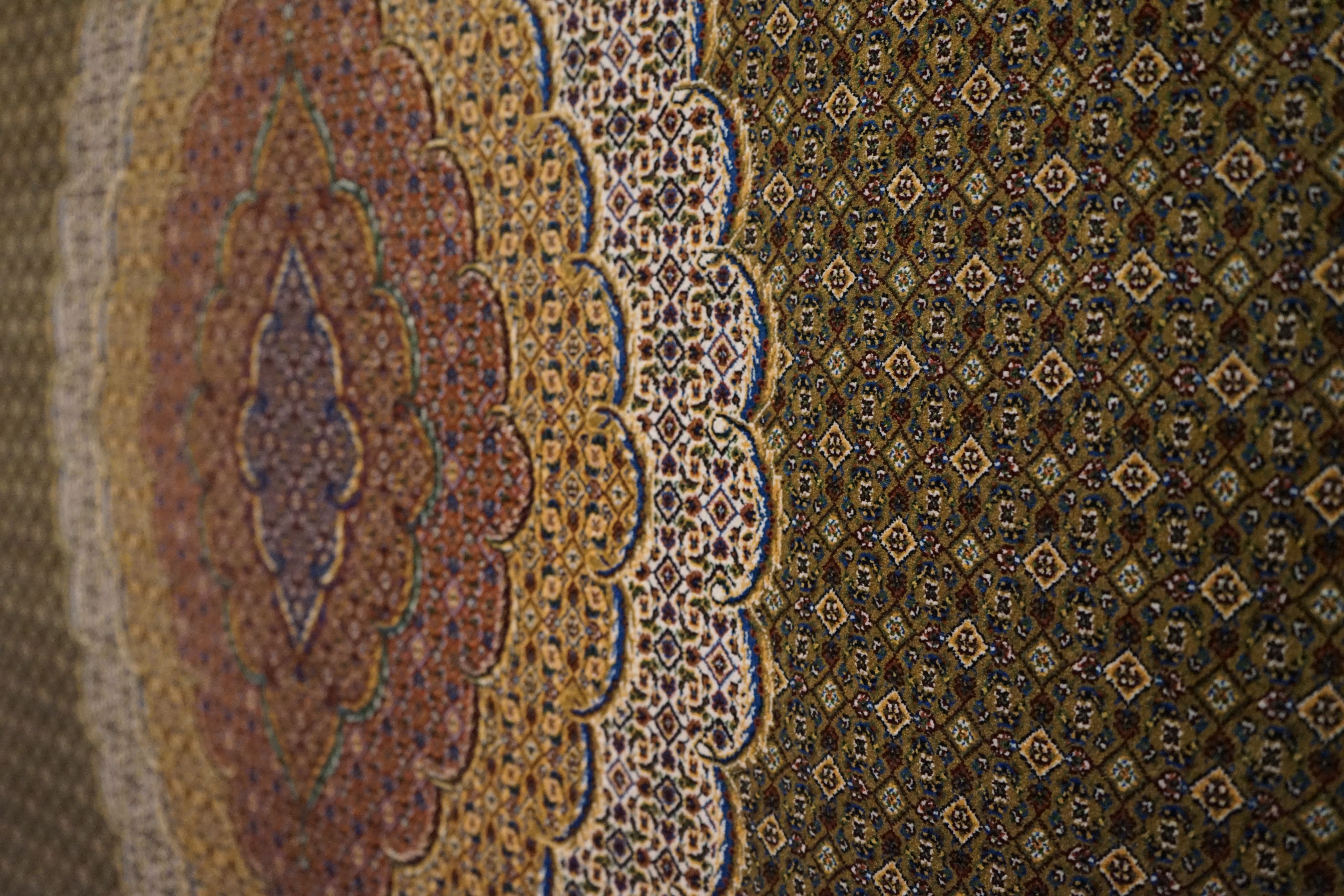
Item 1 of 3


